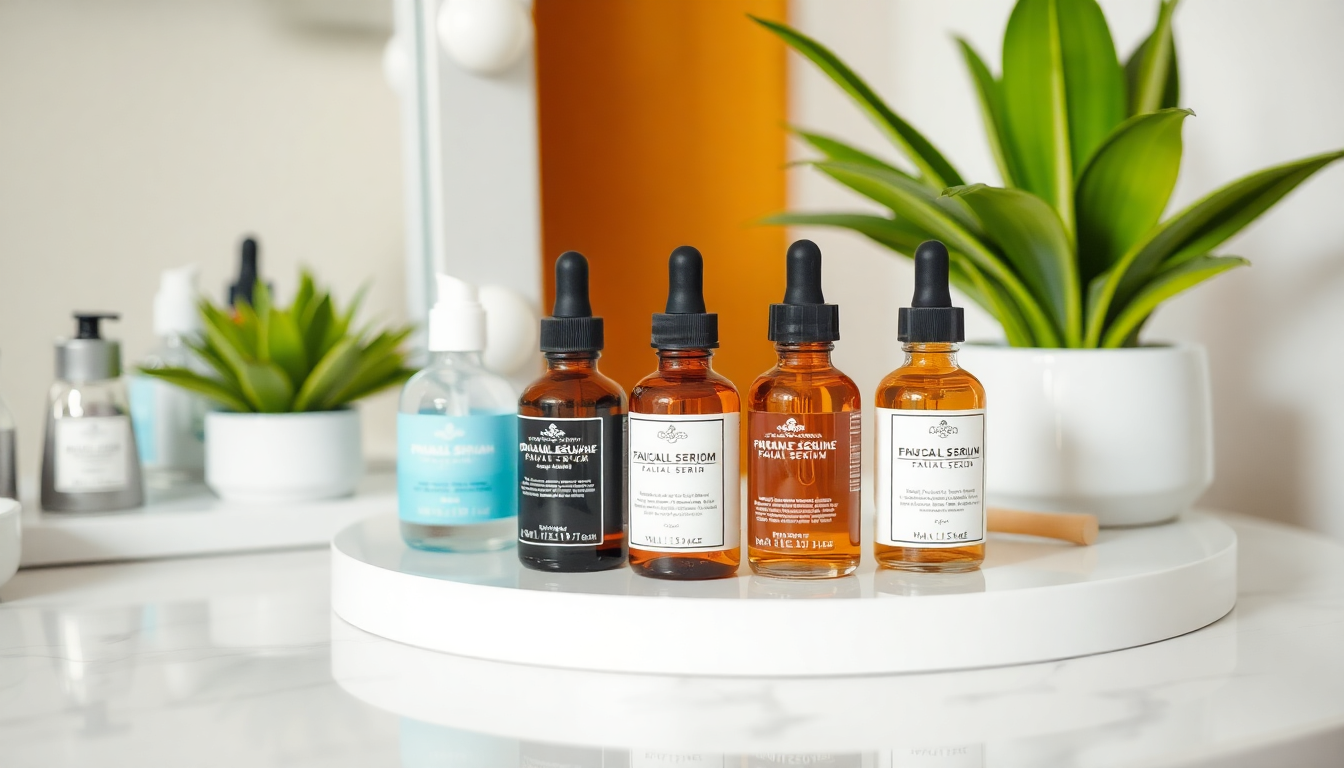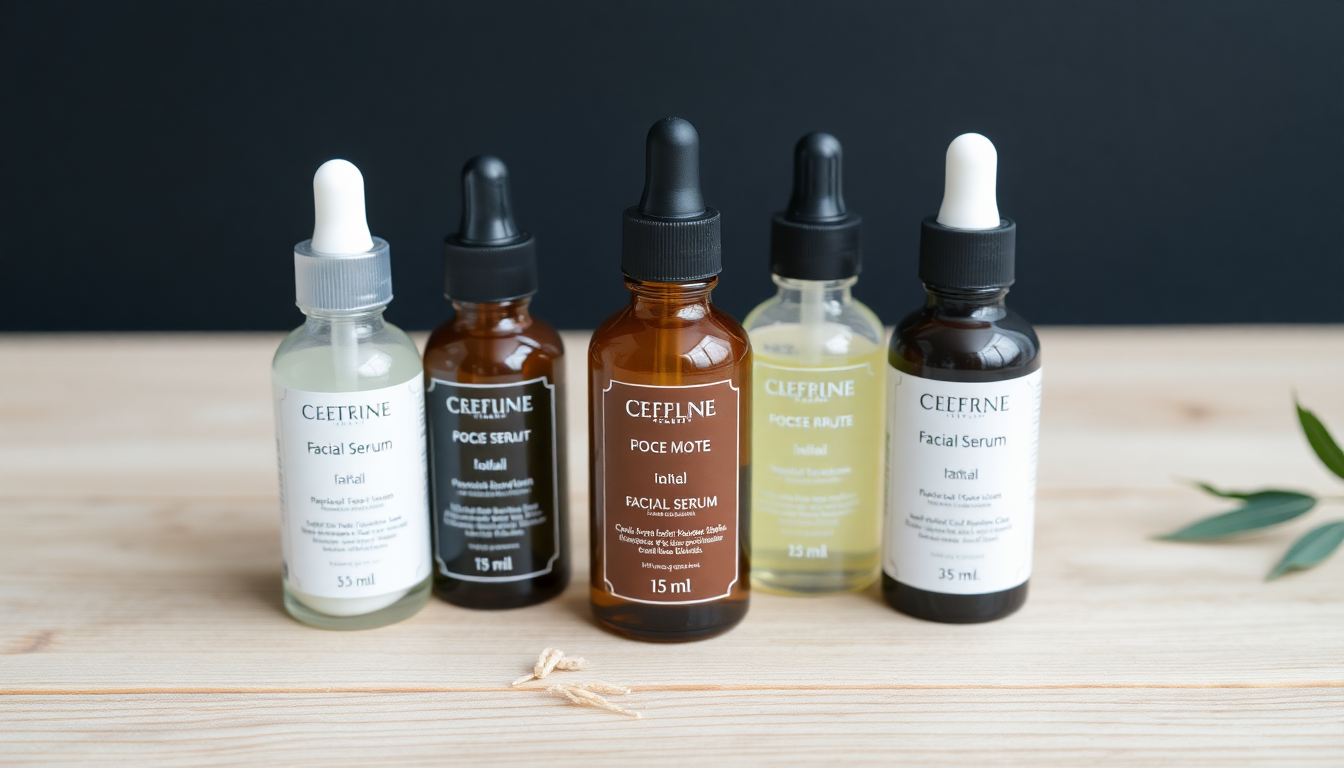Introduction
Having radiant and healthy skin is a desire for many, but achieving it requires consistent care and the right skincare routine. The skin is the body's largest organ, and it serves as a protective barrier against environmental elements. Therefore, taking proper care of your skin is not just about beauty; it’s about health. In this comprehensive guide, we will provide you with 10 essential skincare tips that can help you achieve glowing skin every day. Each tip is backed by scientific reasoning and practical advice to ensure that you can easily incorporate them into your daily routine.
1. Know Your Skin Type
Understanding your skin type is crucial for selecting the right products. The main skin types include:
- Oily: Characterized by excess sebum production, leading to a shiny appearance and enlarged pores.
- Dry: Lacks moisture, often feeling tight or flaky with a rough texture.
- Combination: A mix of both oily and dry areas, usually oily in the T-zone (forehead, nose, chin) and dry elsewhere.
- Sensitive: Easily irritated by products, prone to redness, and may react to environmental factors.
- Normal: Balanced skin that is neither too oily nor too dry, with few blemishes.
Choosing products that cater specifically to your skin type can make a significant difference in achieving optimal results. Consult a dermatologist if you're uncertain about your skin type.
2. Cleanse Twice Daily
Daily cleansing is essential for removing dirt, oil, and impurities that accumulate on your skin. It’s recommended to cleanse your face:
- In the morning: This removes any sweat and oils produced overnight, preparing your skin for the day ahead.
- At night: This washes away makeup, pollutants, and excess oil, allowing your skin to breathe while you sleep.
Use a gentle cleanser that suits your skin type. For sensitive skin, consider fragrance-free or hypoallergenic options to minimize irritation.
3. Exfoliate Regularly
Exfoliation is a vital step in any skincare routine as it helps to remove dead skin cells, promoting a brighter and smoother complexion. Consider the following types of exfoliants:
- Physical Exfoliants: Scrubs and brushes that manually slough off dead skin.
- Chemical Exfoliants: Products containing alpha hydroxy acids (AHAs) or beta hydroxy acids (BHAs) that dissolve dead skin cells.
Exfoliate 1-3 times a week based on your skin's sensitivity. Over-exfoliating can lead to irritation, so listen to your skin's needs. Always follow exfoliation with a moisturizer to replenish hydration.
4. Hydrate Your Skin
Moisturizing is key to maintaining skin elasticity, preventing dryness, and keeping your skin barrier intact. Choose a moisturizer based on your skin type:
- Gel-based: Ideal for oily skin as they are lightweight and non-comedogenic.
- Cream-based: Best for dry skin; they are thicker and provide deeper hydration.
- Oil-based: Suitable for very dry skin or during colder months for added moisture.
Apply moisturizer both morning and night to lock in hydration. Consider using a hyaluronic acid serum before your moisturizer for an extra boost of moisture.
5. Use Sunscreen Daily
Protecting your skin from harmful UV rays is essential for preventing premature aging and skin cancer. Use a broad-spectrum sunscreen with at least SPF 30 every day, even on cloudy days and during winter. Remember to:
- Apply sunscreen generously to all exposed skin.
- Reapply every two hours, especially if you're sweating or swimming.
- Consider makeup products with SPF for an added layer of protection.
Daily sunscreen use can help prevent dark spots, fine lines, and skin cancer, making it a non-negotiable part of your skincare routine.
6. Incorporate Antioxidants
Antioxidants help combat skin damage from free radicals, which can be caused by pollution, UV exposure, and other environmental stressors. Look for serums and creams containing:
- Vitamin C: Brightens skin and reduces the appearance of dark spots.
- Vitamin E: Provides moisture and protection against free radicals.
- Green tea extract: Contains polyphenols that soothe the skin and reduce redness.
Incorporating these ingredients into your routine can help brighten your skin and reduce signs of aging.
7. Stay Hydrated
Drinking enough water plays a significant role in maintaining skin health. Aim for at least 8 glasses of water a day to help keep your skin hydrated from the inside out. Consider these tips for staying hydrated:
- Carry a reusable water bottle to track your intake.
- Infuse your water with fruits or herbs for added flavor.
- Eat water-rich foods like cucumbers, oranges, and watermelon.
Proper hydration can help prevent dryness and promote a plump, youthful appearance.
8. Maintain a Balanced Diet
Your diet directly impacts your skin's appearance. Include a variety of foods rich in vitamins, minerals, and healthy fats. Focus on:
- Fruits and vegetables: Rich in vitamins A, C, and E, which promote skin health.
- Healthy fats: Foods like avocados, nuts, and fatty fish that provide essential fatty acids.
- Lean proteins: Essential for skin repair and regeneration, found in chicken, fish, beans, and legumes.
Avoid excessive sugar and processed foods, as they can lead to inflammation and breakouts.
9. Get Enough Sleep
Quality sleep is vital for skin repair and regeneration. Aim for 7-9 hours of sleep each night. While you sleep, your body goes into repair mode, allowing skin cells to regenerate. Consider these sleep tips:
- Establish a nighttime routine to signal your body that it’s time to wind down.
- Keep your bedroom dark and cool for better sleep quality.
- Avoid screens at least an hour before bed to improve sleep quality.
Sleep deprivation can lead to dull skin, dark circles, and increased stress levels, negatively affecting your skin's appearance.
10. Manage Stress
High stress levels can lead to skin issues like acne and dullness. Consider practicing:
- Yoga: Helps improve flexibility, reduce stress, and enhance overall well-being.
- Meditation: A practice that can calm the mind and reduce anxiety.
- Deep-breathing exercises: Simple techniques that can quickly alleviate stress and improve skin health.
Finding effective ways to manage stress can significantly improve your skin's appearance, making it look more vibrant and healthy.
Conclusion
By incorporating these 10 essential skincare tips into your daily routine, you can achieve and maintain radiant and healthy skin. Remember that consistency is key, and be patient as you work toward your skincare goals. Your skin is a reflection of your overall health; by nurturing it with the right care, hydration, and nutrition, you can enjoy glowing skin every day. Start today and embrace the journey to healthier skin!




Leave a comment
This site is protected by hCaptcha and the hCaptcha Privacy Policy and Terms of Service apply.